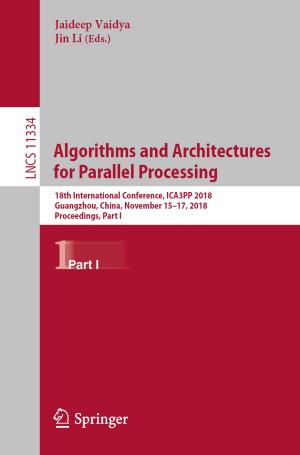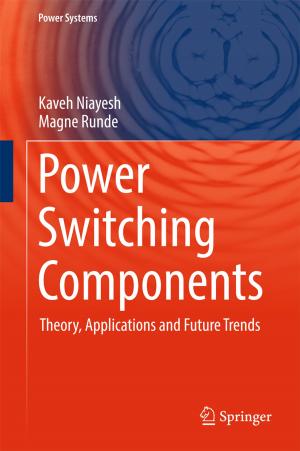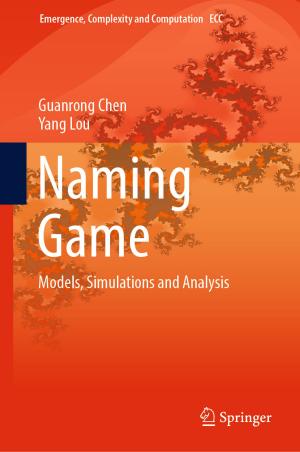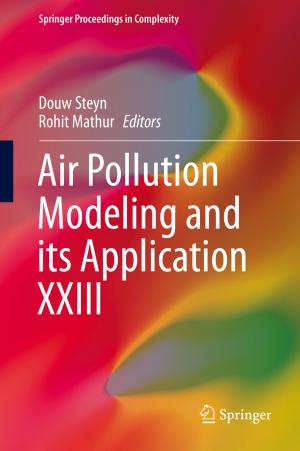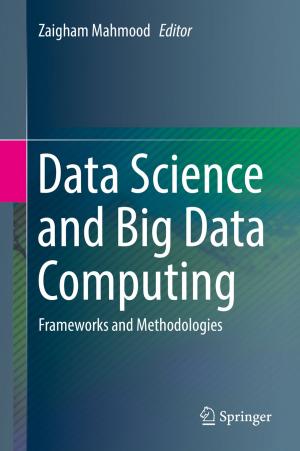Stochastic Processes and Long Range Dependence
Nonfiction, Science & Nature, Mathematics, Mathematical Analysis, Statistics| Author: | Gennady Samorodnitsky | ISBN: | 9783319455754 |
| Publisher: | Springer International Publishing | Publication: | November 9, 2016 |
| Imprint: | Springer | Language: | English |
| Author: | Gennady Samorodnitsky |
| ISBN: | 9783319455754 |
| Publisher: | Springer International Publishing |
| Publication: | November 9, 2016 |
| Imprint: | Springer |
| Language: | English |
This monograph is a gateway for researchers and graduate students to explore the profound, yet subtle, world of long-range dependence (also known as long memory). The text is organized around the probabilistic properties of stationary processes that are important for determining the presence or absence of long memory. The first few chapters serve as an overview of the general theory of stochastic processes which gives the reader sufficient background, language, and models for the subsequent discussion of long memory. The later chapters devoted to long memory begin with an introduction to the subject along with a brief history of its development, followed by a presentation of what is currently the best known approach, applicable to stationary processes with a finite second moment. The book concludes with a chapter devoted to the author’s own, less standard, point of view of long memory as a phase transition, and even includes some novel results.
Most of the material in the book has not previously been published in a single self-contained volume, and can be used for a one- or two-semester graduate topics course. It is complete with helpful exercises and an appendix which describes a number of notions and results belonging to the topics used frequently throughout the book, such as topological groups and an overview of the Karamata theorems on regularly varying functions.
This monograph is a gateway for researchers and graduate students to explore the profound, yet subtle, world of long-range dependence (also known as long memory). The text is organized around the probabilistic properties of stationary processes that are important for determining the presence or absence of long memory. The first few chapters serve as an overview of the general theory of stochastic processes which gives the reader sufficient background, language, and models for the subsequent discussion of long memory. The later chapters devoted to long memory begin with an introduction to the subject along with a brief history of its development, followed by a presentation of what is currently the best known approach, applicable to stationary processes with a finite second moment. The book concludes with a chapter devoted to the author’s own, less standard, point of view of long memory as a phase transition, and even includes some novel results.
Most of the material in the book has not previously been published in a single self-contained volume, and can be used for a one- or two-semester graduate topics course. It is complete with helpful exercises and an appendix which describes a number of notions and results belonging to the topics used frequently throughout the book, such as topological groups and an overview of the Karamata theorems on regularly varying functions.

